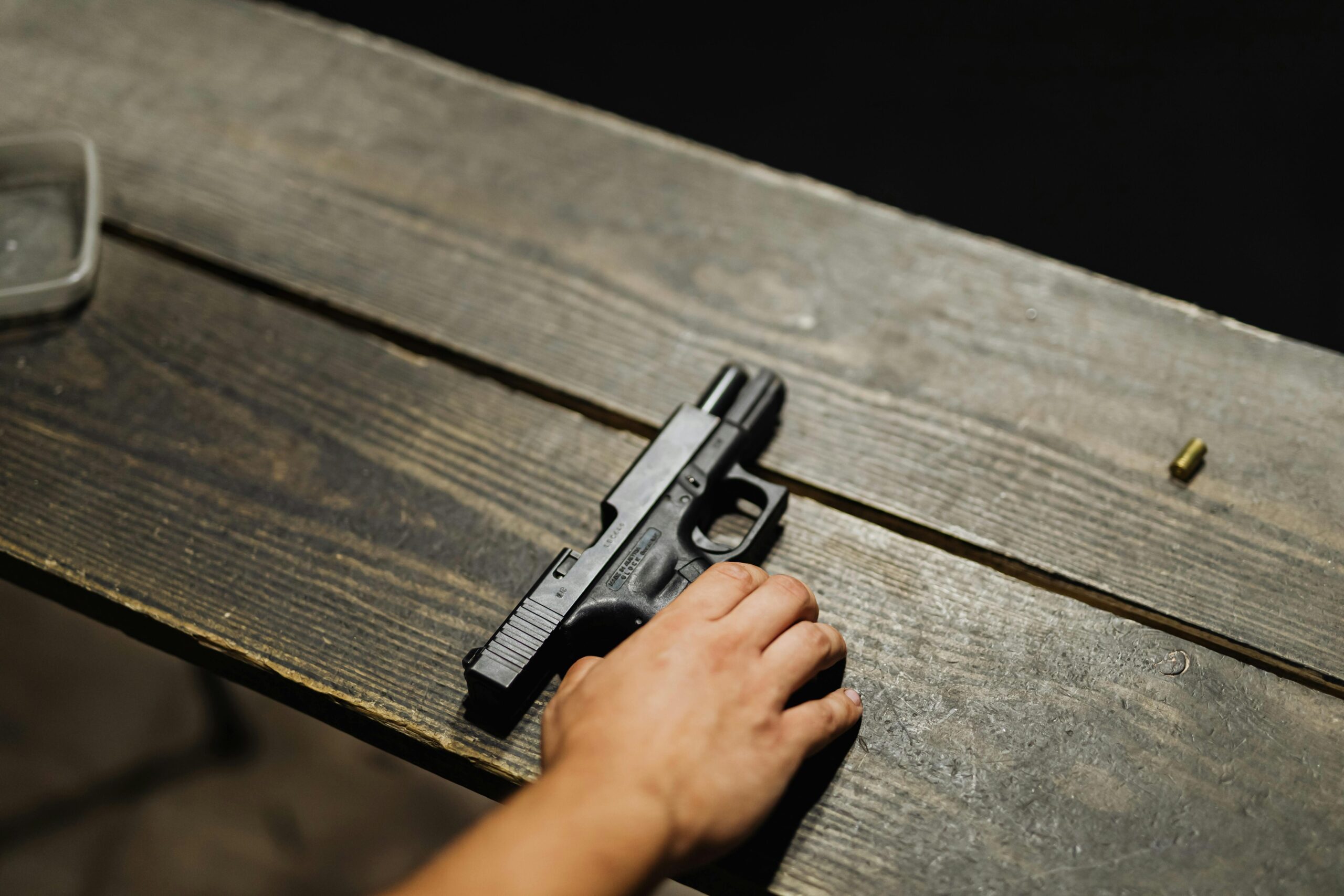Introduction: Navigating the World of Handgun Ammunition
Exploring the realm of handgun ammunition can be a complex endeavor, filled with a variety of options and technical considerations. This guide aims to simplify this journey, providing a foundational understanding to help shooters make informed decisions.
Understanding the Basics of Handgun Ammo
Handgun ammunition varies significantly in type, size, and power. The key to selecting the right ammo lies in understanding these fundamental differences and how they affect performance and suitability for specific tasks.
The Importance of Selecting the Right Ammunition
Choosing appropriate ammunition is critical not only for effective self-defense but also for ensuring the longevity and reliability of your handgun. The right ammo enhances accuracy, safety, and overall shooting experience.
Different Types of Handgun Ammunition
The vast array of handgun ammo includes options designed for various applications, from personal defense to competitive shooting. Knowing the characteristics of these types can significantly impact your selection process.
Full Metal Jacket (FMJ) vs. Hollow Point (HP)
FMJ bullets are ideal for practice and target shooting, offering reliable feeding and cost-effectiveness. Hollow point bullets, with their expansion upon impact, are preferred for self-defense, maximizing stopping power while minimizing risk to bystanders.
Specialty Ammunition for Different Needs
Specialty ammo, such as frangible or subsonic rounds, caters to specific scenarios like close-quarters training or suppressed shooting, offering unique benefits and considerations.
Factors to Consider When Choosing Ammo
Selecting the right ammunition involves more than just matching the caliber to your firearm. Several critical factors influence this choice, affecting performance and user experience.
Intended Use: Self-Defense, Target Shooting, or Competition
Your primary use case dictates ammunition type, with different rounds optimized for personal defense, plinking, or competitive accuracy.
Caliber Compatibility and Bullet Weight
Ensuring ammo compatibility with your firearm’s caliber is a must. Additionally, bullet weight impacts recoil and ballistic performance, influencing handling and effectiveness.
Recoil Sensitivity and Shooting Comfort
Ammunition with lower recoil can enhance shooting comfort and accuracy for shooters sensitive to kickback, making it an important consideration for extended sessions or those with physical limitations.
Comparing Popular Handgun Calibers
The debate over the “best” handgun caliber continues, but understanding the strengths and limitations of each can guide users to a choice that best suits their needs.
9mm, .45 ACP, and .380 ACP: Pros and Cons
The 9mm offers a balance of power and capacity, making it a widely favored choice. The .45 ACP is renowned for its stopping power, while the .380 ACP provides a lighter recoil, suitable for smaller firearms.
Understanding Ballistics: Stopping Power vs. Penetration
Balancing stopping power with adequate penetration is crucial for effective self-defense ammo. This involves choosing rounds that can stop a threat efficiently without over-penetrating and endangering others.
The Role of Ammunition Brands in Selection
Not all ammunition is created equal, and brand reputation for quality and consistency plays a significant role in the selection process.
Brand Reputation and Reliability
Trusted brands often deliver higher quality and more reliable ammunition, reducing the risk of malfunctions and enhancing shooting performance.
Price vs. Performance: Getting the Most Bang for Your Buck
While price is an important consideration, investing in higher-quality ammunition can offer better performance and reliability, essential for defense or competitive shooting.
Legal Considerations and Safety Tips
Adhering to legal regulations and practicing safe ammunition handling are paramount for responsible gun ownership.
Navigating Ammunition Laws and Regulations
Familiarize yourself with local and federal laws related to ammunition purchase, possession, and transport to ensure compliance and avoid legal complications.
Best Practices for Ammo Storage and Handling
Properly storing ammunition in cool, dry places and handling it with care are key to maintaining its quality and preventing accidents.
Where to Buy and How to Test Your Ammo
Finding reputable sources and effectively evaluating ammunition are crucial steps to securing the best ammo for your needs.
Finding Trusted Suppliers
For quality and reliability, opt for reputable suppliers known for their expertise and customer service, this is a great supplier to get the best handgun ammunition for you. This ensures access to a wide selection of tested and trusted ammo.
Tips for Testing Ammunition Performance
Testing ammo through your handgun is essential for assessing compatibility. Start with small quantities to gauge performance, including accuracy, reliability, and handling, before making larger purchases.
Conclusion: Making an Informed Choice
Choosing the right handgun ammunition is a nuanced decision that impacts both the functionality of your firearm and your overall shooting experience. By considering the factors outlined in this guide, shooters can make informed decisions that enhance both safety and performance.
Summary of Key Takeaways
Selecting the appropriate handgun ammo involves understanding its types, factors, and compatibility. Prioritize quality and reliability to ensure an optimal shooting experience.
Empowering Your Handgun Experience
Armed with knowledge and insights from this comprehensive guide, shooters are better equipped to choose ammunition that suits their specific needs, empowering them to shoot with confidence and precision.

